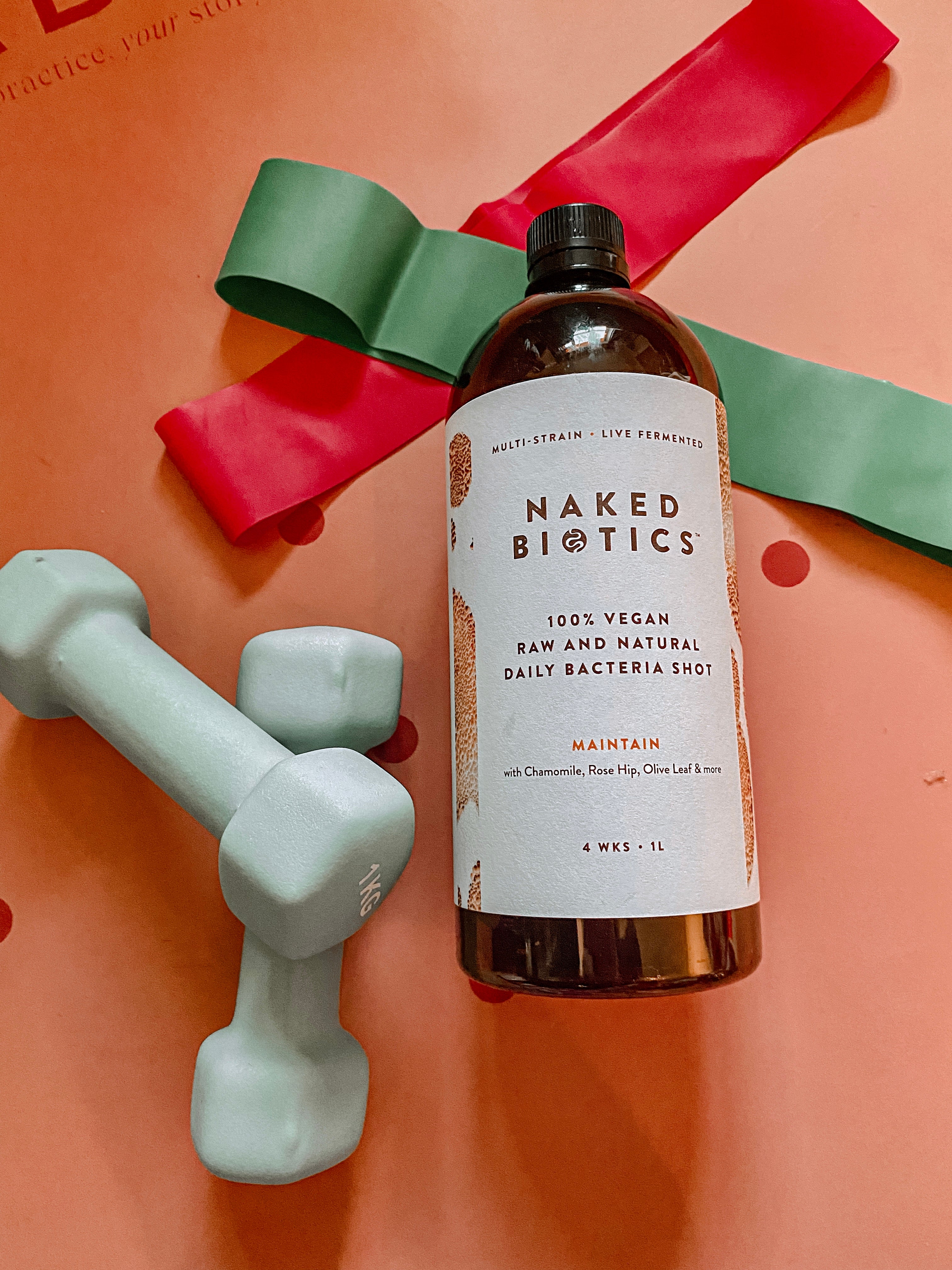It was World Mental Health Day on the 10th of October, a day dedicated to helping break the stigma surrounding mental health. The Mental Health Foundation explains on their website that being mentally healthy doesn’t just mean you don’t have a mental health problem and they push the message that mental health is everyone’s business. We all have times where we may feel low or find ourselves in moments of stress and most of the time, those feelings will pass, but sometimes, these feelings and emotions develop into a bigger and more serious problem and the reality is, this could happen to any of us. This is exactly why mental health is all of our business. Today we want to help break the stigma and look into how we can support our mental health from the inside out.
Many researchers have reported a rise in the number of people suffering from mental health problems, especially since the pandemic and the huge stresses it brought to the world. From limited social interactions with loved ones and the fear of illness, our minds and bodies have been under a significant amount of anxiety and pressure for a long period of time. You will have heard us talk about the gut-brain connection quite a few times. If you haven’t, basically the brain and the gastrointestinal (GI) system are connected and work together like best buds and the vagus nerve is one of the biggest nerves connecting your gut and brain sending signals in both directions. So when you’re feeling anxious and stressed or you have that awful gut-wrenching feeling of fear, your gut alerts your brain and vice versa.
Stress and the gut
Let’s take a bit of a closer look at stress and the gut. Long-term anxiety and panic attacks can cause your brain to release stress hormones (cortisol) on a regular basis - these hormones and chemicals are designed to help you respond to a threat, which is referred to as the fight or flight response. For those that haven’t come across this before, this response is an automatic physiological reaction to a situation that your body is perceiving as stressful or frightening. This feeling of threat activates the sympathetic nervous system and triggers a stress response that prepares the body to fight or flee.
This exposure to stress hormones can be harmful to your physical health in the long run, including your gut health. Although cortisol sounds like the bad guy here, it plays multiple important roles in our health - it helps control blood pressure, increases the body’s metabolism of glucose, and reduces inflammation. The fact is our bodies need cortisol to survive. Too much of it though, we start to impact our health more.
How can you manage stress?
Some people can handle major upsets without batting an eye, while others become distressed and these feelings worsen and impact their day to day routines. It is important to remember that in small doses, stress can be a good thing. It can give you the push you need, motivating you to do your best and to stay focused and alert. However, when you experience stress constantly and it becomes too much, this is where things become problematic.
Signs of stress can vary from person to person and it can impact our mind, body, guts and behaviour in many ways, including weight fluctuations, head and body aches, mood changes, sleep issues and difficulty concentrating to name a few.
By understanding how you deal with stress, you can make lifestyle changes that will help to lower your stress levels, as well as cope better with stressful situations or phases in life.
Tips to help reduce anxiety, worry, and stress
Breathe - In moments of stress and panic, your breathing can become shallow, your chest feels tights and it can be extremely difficult to feel calm. Deep breathing is one of the best ways to lower stress in the body - this is because when you breathe deeply, it sends a message to your brain to calm down and relax. Trying using apps such as CALM or Headspace, two great tools that take you through controlled breathing exercises to help you in moments of stress, worry and panic.
Get physical - There is so much power in movement and the impact it has on your gut is huge. Now don’t worry I’m not saying you have to do a HIIT class every day. But a brisk walk, jog, or a home workout of your choice can help increase the good bacteria in your gut, which not only improves your digestion but also helps absorb nutrients and promotes overall health. Moving your body literally keeps things moving in your gut (I know it sounds weird but this is good, trust me).
Get some Zzz’s - Sleep really does matter. If you’re not sleeping well, your gut feels the effects. Our gut and brain use nerves and chemicals to communicate with each other, their constant natters can influence our sleep patterns, as well as our mood, so creating a good sleep routine is so important. This is the perfect excuse to create a pamper routine before bed. Make your bedroom a calm and peaceful oasis - turn your phone on silent - dim the lights and even spritz some lavender spray on your pillow if you’re feeling extra fancy.
Laugh out loud - Laughter releases a flood of endorphins into our body, that’s right, the “feel-good” chemicals we know and love and they have the ability to not only relieve stress but also alleviate pain. Laughter also decreases the presence of stress hormones and promotes the function of immune cells and antibodies. So a good chuckle also provides an extra boost in immune function. My favourite is watching Holly Willoughby and Phillip Schofield’s blooper reel clips from ‘This Morning’, I promise they will make you laugh out loud.
Love your gut - As we said before, a happy gut means a happy mind and this where nurturing the gut bugs in our tums is so important. Probiotics are thought to help restore the natural balance of bacteria in your gut and there’s some evidence to show that probiotics may be helpful in some cases, such as helping prevent diarrhoea when taking antibiotics and helping to ease some symptoms of IBS. The strains of probiotic bacteria used in Naked Biotics work in synergy with each other and with the bacteria already present in our digestive tract. Naked Biotics combine the benefits of a probiotic with those of fermented food, restoring balance to the microbiota.
Click here for more information on Naked Biotics.
References:
Read more

As we all know, we are not alone in our bodies. Inside each and every one of us is trillions of microorganisms from bacteria to, viruses, fungi and so many other gut bugs that make up what we refer...

Gut Health In 2022! It's a new year, which means it’s a great opportunity to set new resolutions and goals for 2022. This is a time where many people want to feel and look better, with many jumping...


Leave a comment
All comments are moderated before being published.
This site is protected by hCaptcha and the hCaptcha Privacy Policy and Terms of Service apply.